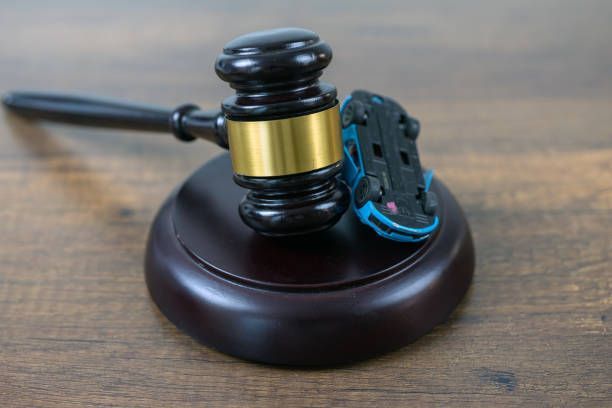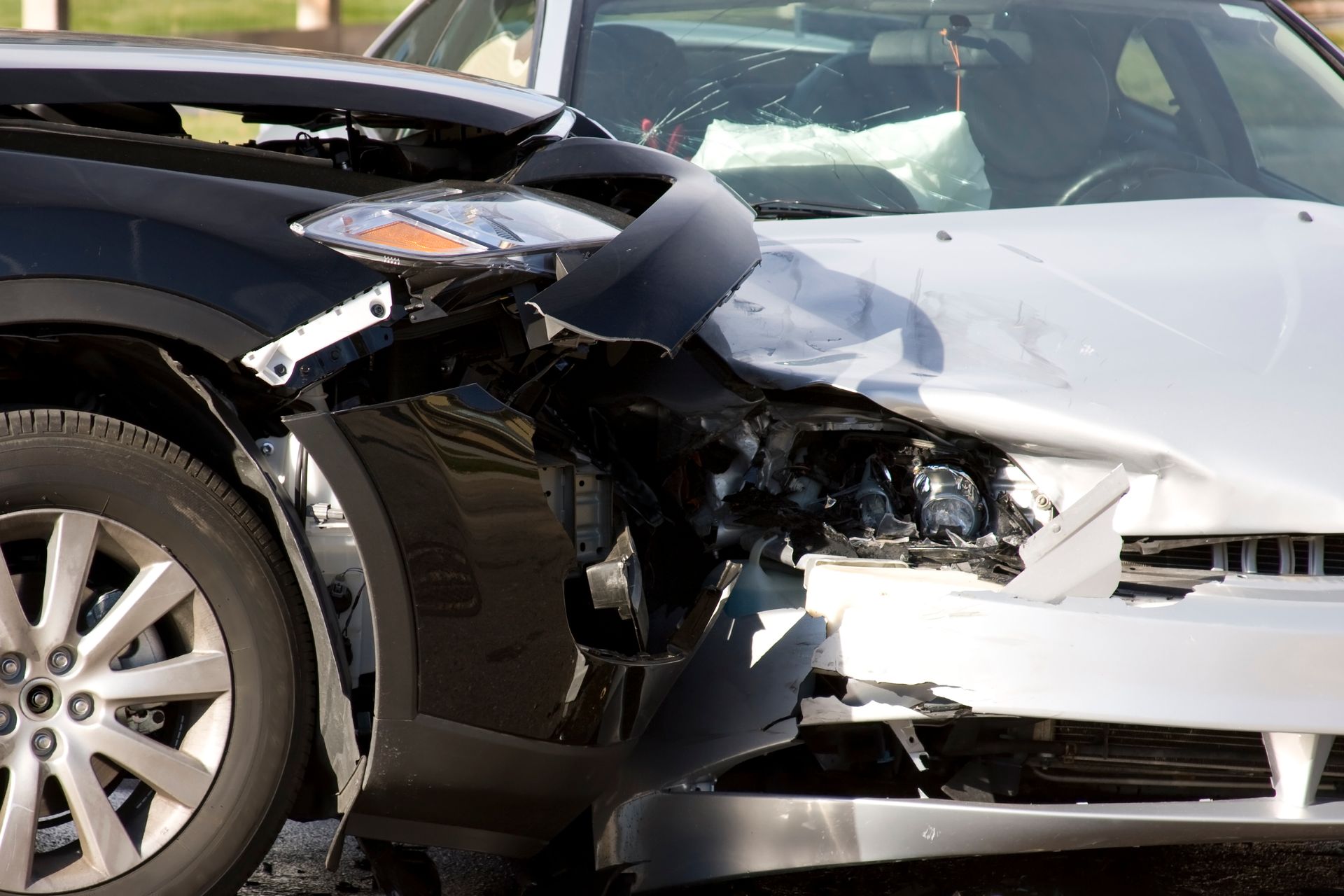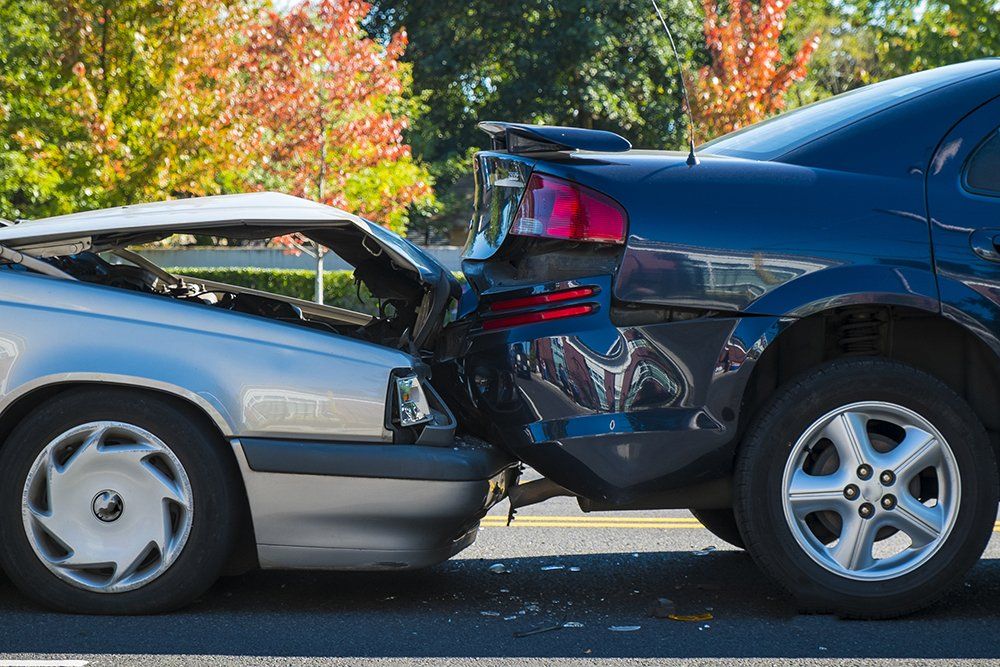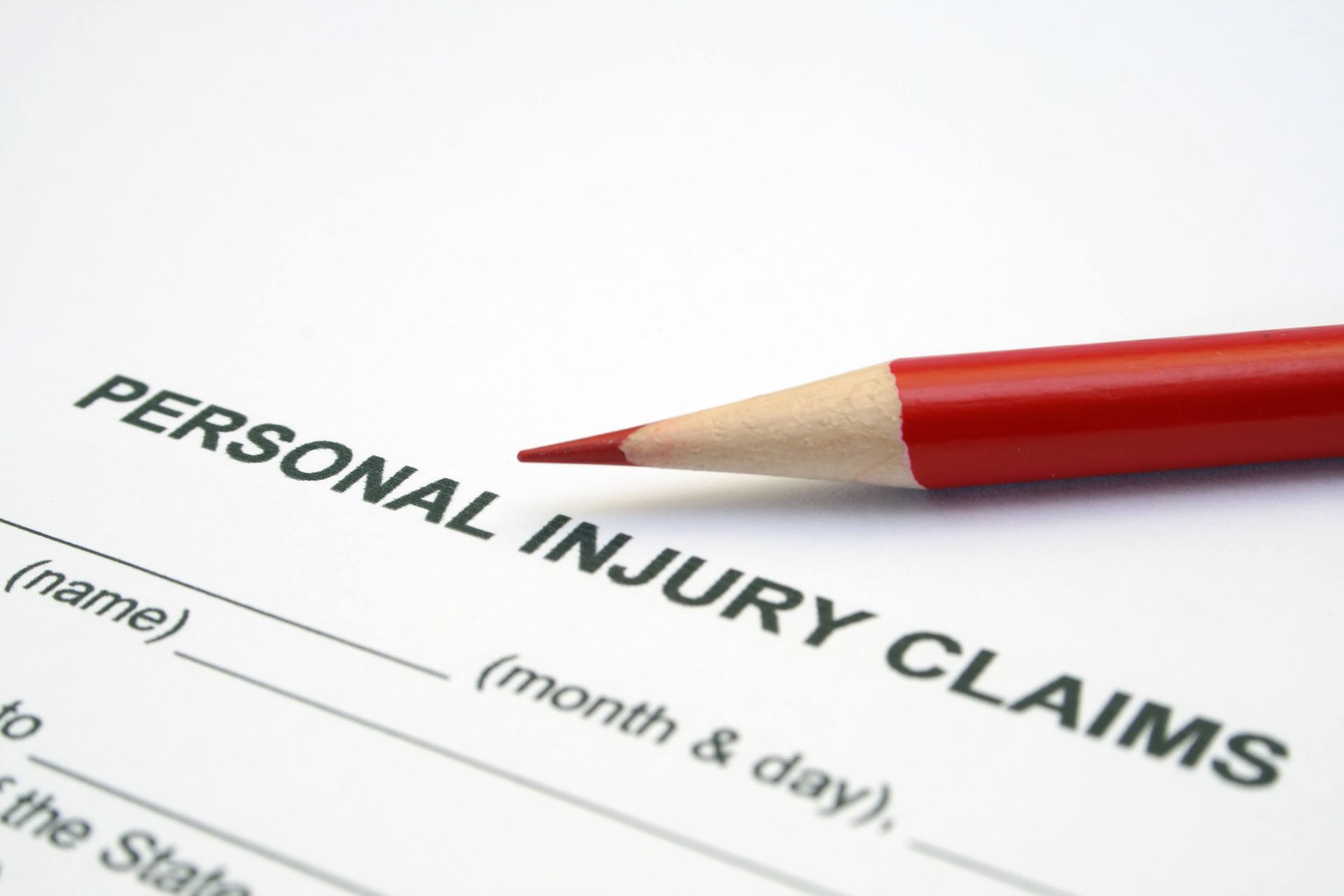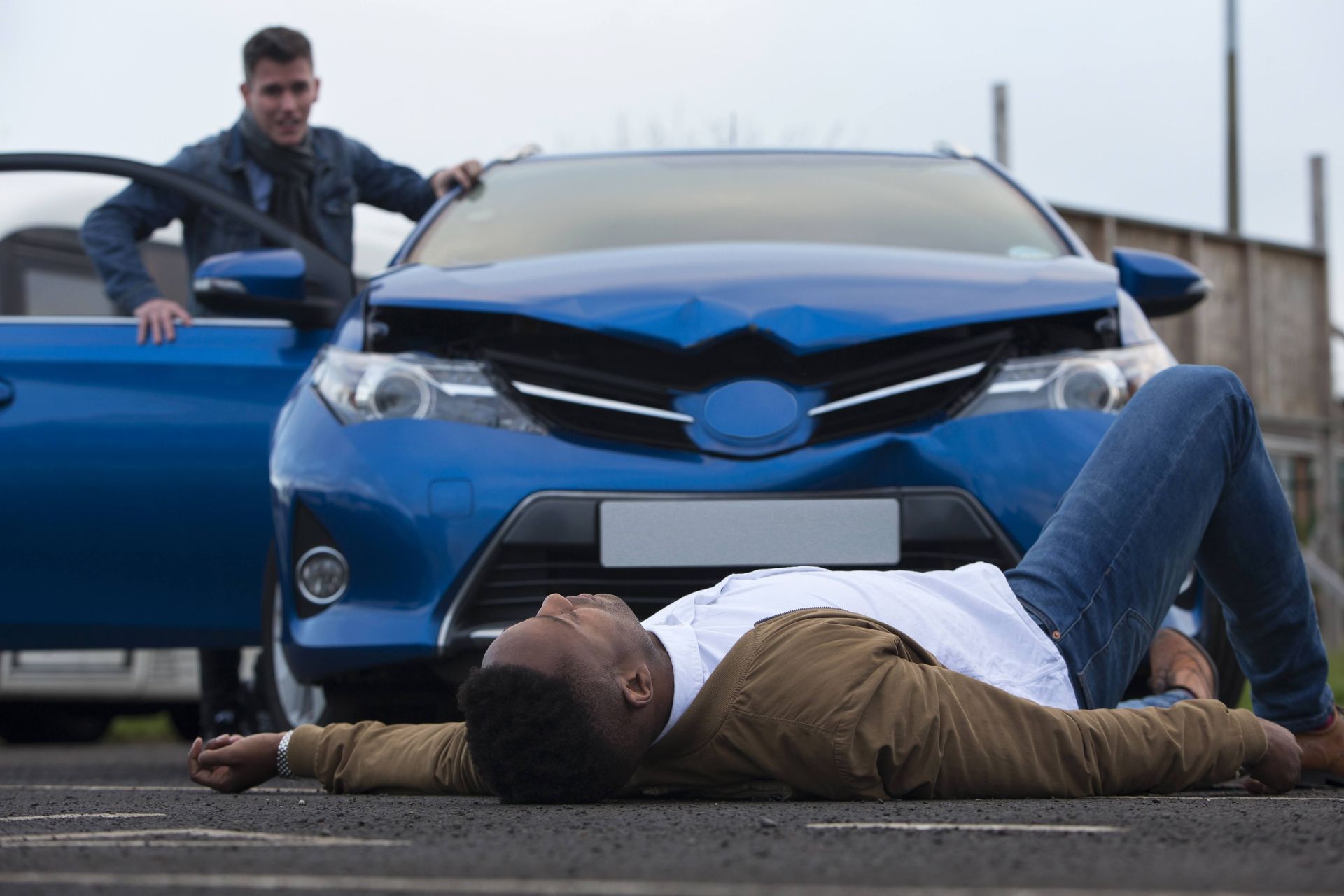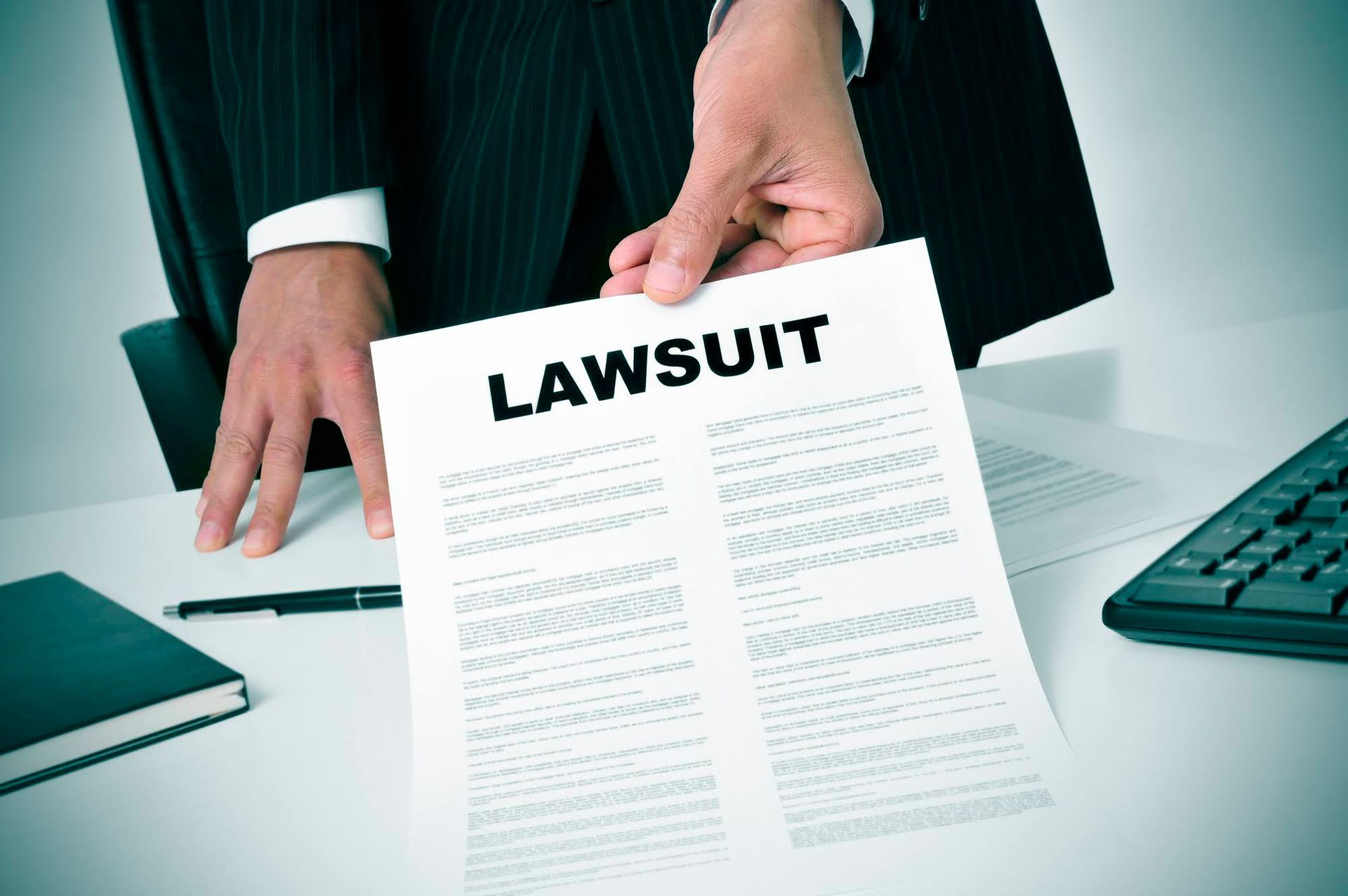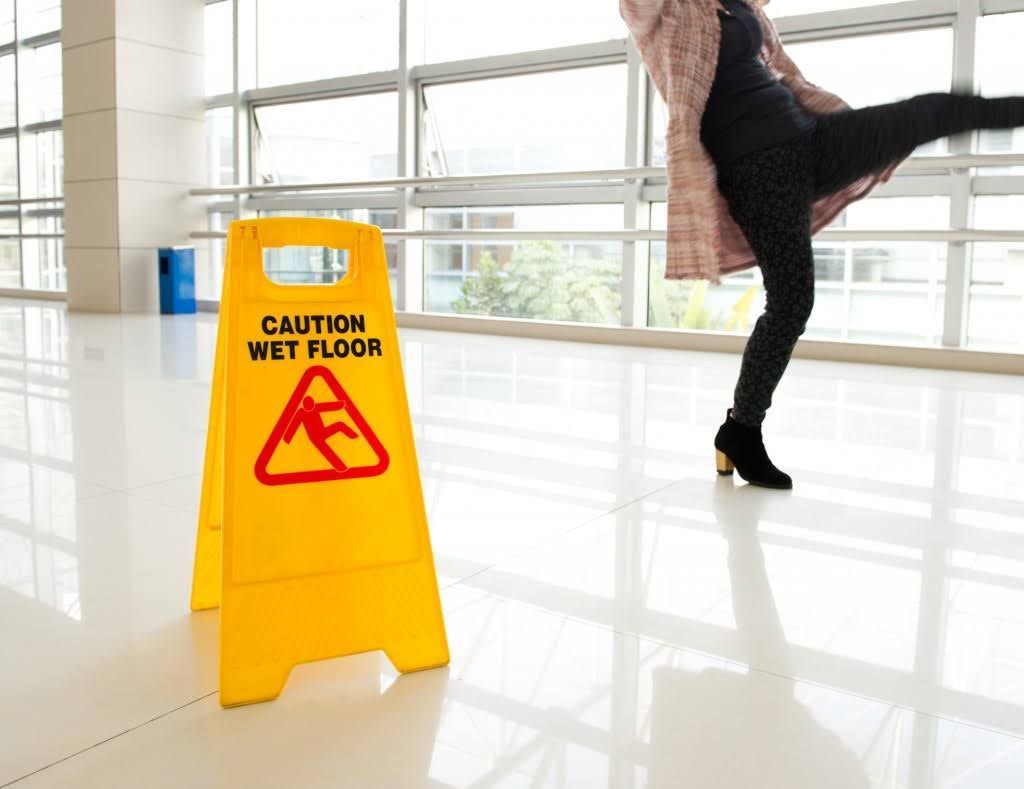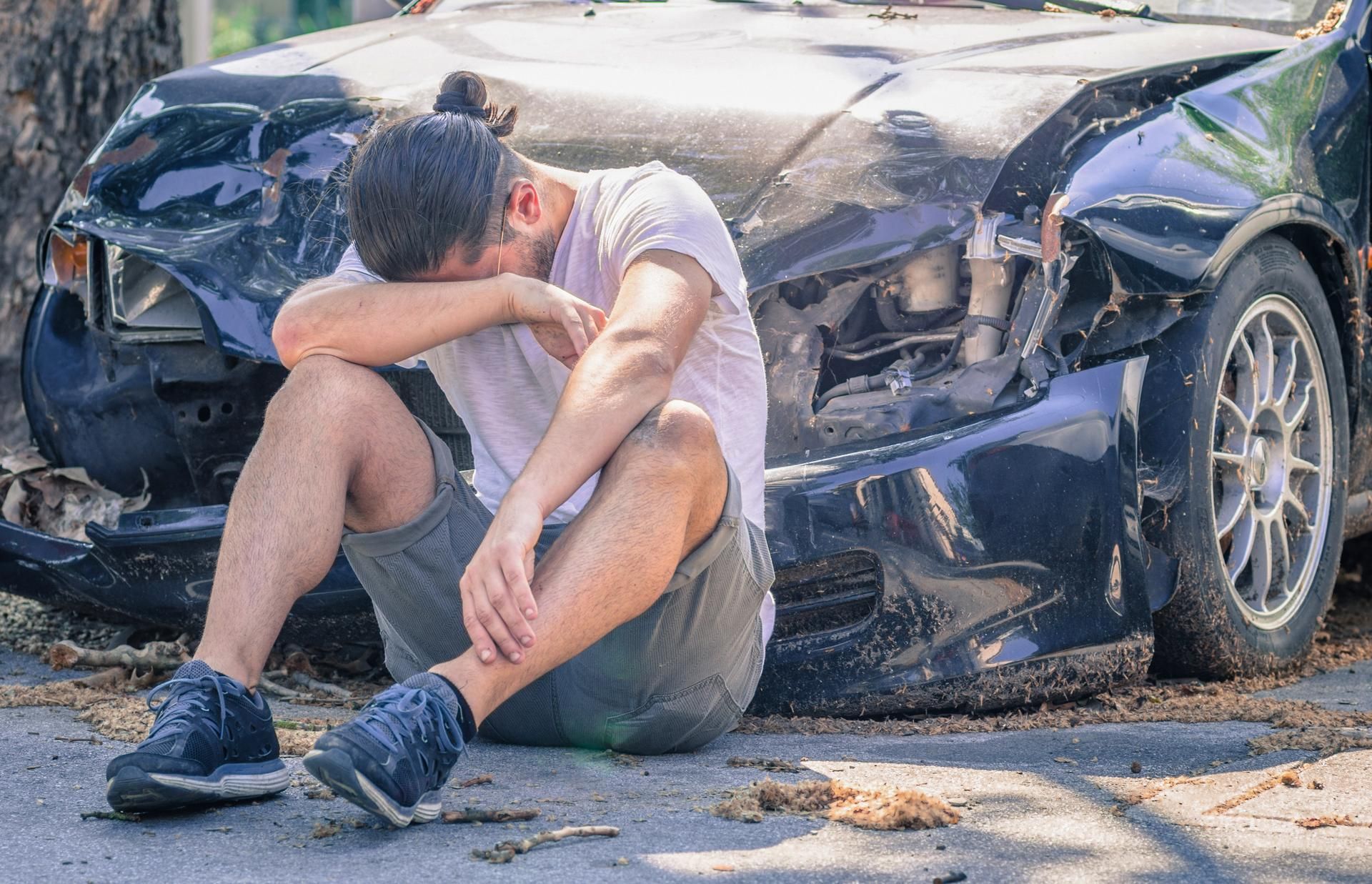FAQs on Animal Attack Claims in West Virginia

If you or someone you know has been the victim of an animal attack, you may have several questions about how to proceed and what steps to take. In this post, we will address some of the most common questions that arise in these situations, with a specific focus on West Virginia residents.
What Qualifies as an Animal Attack?
An animal attack is any instance in which an animal, such as a dog, cat, or any other domesticated animal, inflicts physical harm on a person, or sometimes also includes property, like an animal running at large. Injury to persons may result from a bite, scratch, or any other physical contact. In worse scenarios, this injury can include even permanent physical disfigurement or psychological trauma.
What Should I Do After an Animal Attack?
After an animal attack, the first step is to seek medical attention as soon as possible. Medical intervention will ensure that a physician treats any sustained injuries and prevents infections or other complications. After that, consult with a lawyer who specializes in personal injury claims. The consultation will help to determine if you have a legal claim and what damages you can recover. Additionally, you should collect as much information about the attack as possible, such as the name and contact information of the animal's owner and any witnesses who may have seen the attack.
What Is the Liability of a Pet Owner After an Animal Attack?
Generally, a pet owner may generally be liable in West Virginia for an animal bite if the owner had knowledge of the animal's dangerous propensities. If the pet owner had no knowledge of the animal's dangerous propensities or did not act negligently, they may not be liable, commonly called the ‘free first bite.’ In addition to the pet owner, other responsible parties in an animal attack may include animal keepers, parents of minors, property owners, and proprietors. Animal keepers, such as kennels or pet sitters, may be liable if they are responsible for the animal's care or custody. Parents of minors might be liable if their minor child “owned” the animal at issue. Property owners might also be liable if they allow someone else’s animal onto their property, for example, proprietors might be liable if they knew a tenant owned a dangerous animal.
What Is West Virginia's Stance on Animal Attacks?
West Virginia also adopts a strict liability provision for personal injury cases that involve animal attacks. Strict liability means that the owner of an animal will be responsible for any injuries caused by the animal, regardless of whether the owner did anything wrong or not. However, the strict liability only applies if the animal is at large. West Virginia's strict liability statute requires that an animal owner confine or quarantine an animal for 10 days if it bites someone, unless the animal is unvaccinated and bitten by a rabid animal. If the later conditions apply, the animal custodian must confine or quarantine the animal for six months. If the owner fails to comply with the statute, the owner may also be fined or incarcerated.
What Damages Can I Recover in an Animal Attack Claim?
In an animal attack lawsuit, you may be able to recover for medical expenses, lost wages, pain and suffering, and property damage. Additionally, you may be able to recover punitive damages if the animal owner's behavior was more than merely negligent. In this situation, the court implements punitive damages to punish the animal owner for their conduct. In some cases, you may also be able to recover for other damages such as emotional distress, loss of consortium, and loss of enjoyment of life. These types of damages may be available in cases where the injuries sustained from the animal attack are particularly severe.
In any event, if you fall victim to damages caused by an animal . . . Contact us at Higinbotham & Higinbotham, PLLC, for assistance with personal injury and other types of claims throughout West Virginia.
